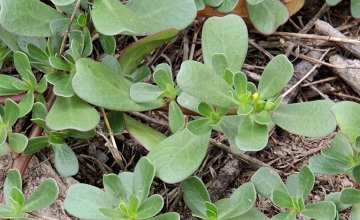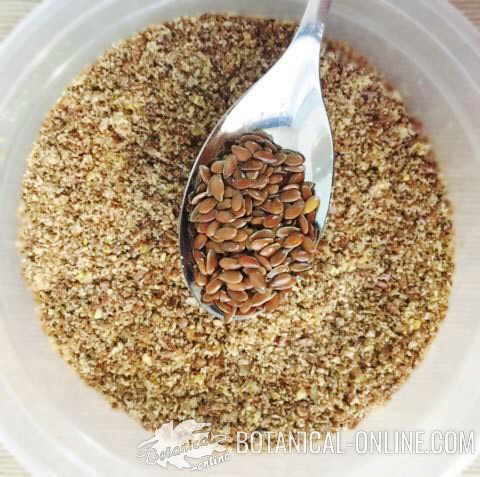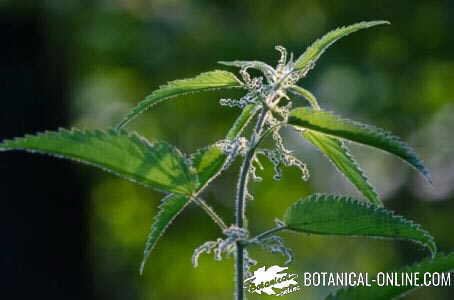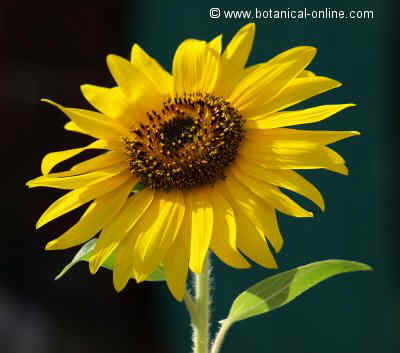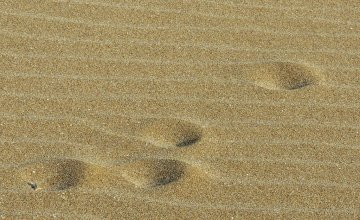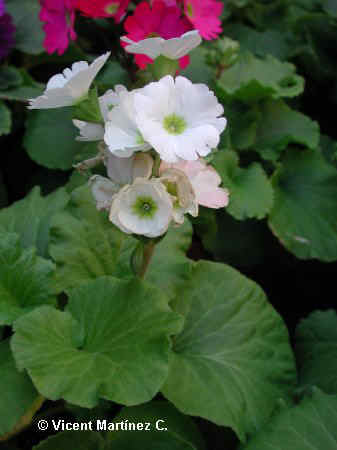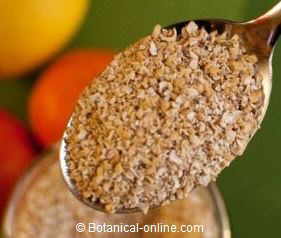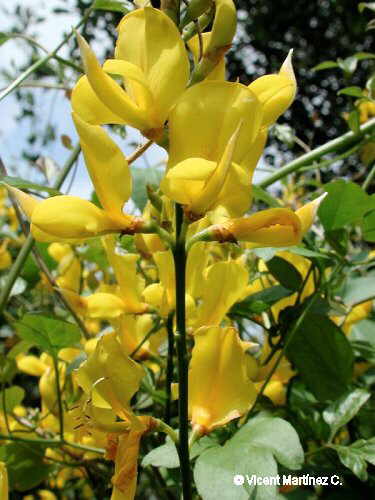Contents
ANGINA PECTORIS REMEDIES
Phytotherapy: Herbal remedies for angina pectoris
The phytotherapy for angina is based on the use of a number of plants whose primary function is:
– Plants against cholesterol that prevent the plaque formation in arteries triggering angina pectoris.
– Vasodilator plants that open the arteries and allow greater blood flow, providing greater oxygen supply to the heart.
– Analgesic plant that relieve the painful symptoms of angina.
Medicinal plants for angina pectoris
Among the main used plants for angina pectoris we have the following:
– Garlic (Allium sativum) The presence of sulfur components together with alliin, and ajoene, gives this plant its antithrombotic properties (it prevents the formation of clots in the blood).
This makes garlic very suitable to thin blood circulation and prevent or combat circulatory diseases such as: atherosclerosis, cholesterol, hypertension,, angina and other related to poor circulation such as hemorrhoids. (Maceration of 100 grams of garlic in 400 grams of wine spirit. Half a teaspoon before bedtime) (Consult contraindications and toxicity in the general study of the plant)
– Onion (Allium cepa L.) with properties similar to garlic. (Maceration of 300 g. of onion in a liter of water for 12 hours. Take three glasses a day)
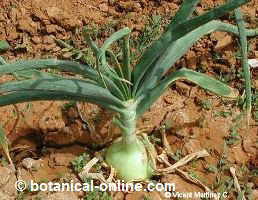
Onion
– Artichoke (Cynara scolymus) : Because of its acids, its main virtue is its ability to reduce high blood cholesterol levels, lower blood pressure, and prevent atherosclerosis. All this properties diminish the risk of vascular disease or aid to recover from any accident of this type, such as stroke, angina, etc. It also lowers the level of blood sugar, another disease that predisposes to the occurrence of angina pectoris. (Infusion of two tablespoons of dried leaves per liter of water. Take three times daily before meals.) (A preparation of green leaf juice mixed with wine can serve the same purpose.)
– Ginger (Zingiber officinale) it thins the blood, prevents thrombus formation and lowers blood pressure
(Eat ginger in foods. (Take 3 capsules of 250 mg daily, divided between meals) (Consult contraindications and toxicity in the general study of the plant)
– Olive tree (Olea europaea) It decreases blood pressure and it is very useful in cases of arteriosclerosis because it has a vasodilator power to prevent angina pectoris or heart attack, by expanding the coronary artery (Infusion of 60 gr. of dry leaves per litre of water.Drink three cups a day)
– Willow (Salix alba) Willow has anticoagulant properties, therefore it prevents the formation of thrombi or clots within the arteries or veins by accumulation of platelets. The use of this plant thins blood and helps prevent the appearance of certain cardiovascular diseases like stroke, arteriosclerosis, heart attacks or poor circulation in general. Moreover, its analgesic properties may help reduce angina pain. It is a natural alternative to aspirin. (Infusion of a teaspoon of bark per cup of water. Drink a glass every two days) (Contraindications in the general study of the plant)
– Green tea (Camellia sinensis) It lowers cholesterol, thins blood, tones our heart and protects against angina pectoris or myocardial infarction. Histidine has anti-arterosclerotic properties. Theanine, an amino acid that appears only in this plant, serves the same function, in addition to prevent thrombus formation, a property that also presents eugenol. Theobromine is a vasodilator and cardiotonic. We must not forget the antioxidant properties of this plant, especially because of vitamin C, polyphenols and catechins. All of them prevent oxidation and plaque formation in arteries. (Infusion of a spoonful of dried plant per cup of water. Take 3 cups a day)
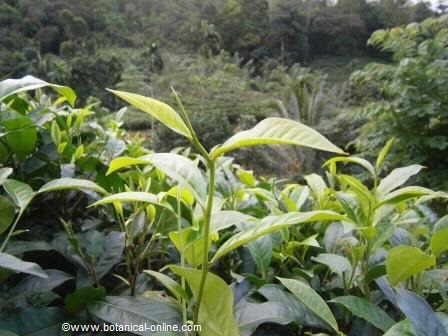
Green tea
– Hawthorn (Crataegus monogyna) It lowers blood pressure (Infusion of a spoonful of dried flowers, two or three times a day.) (Supplements of standardized extracts of hawthorn)
– Lemon (Citrus limonum) Besides being a good heart tonic, it helps blood circulation, prevents cholesterol, lowers blood pressure, combats arteriosclerosis and stimulates red blood cell formation, being very suitable for the treatment of anemia (Lemon Cure: Take the juice with water. Gradually increase the dose, adding a lemon daily up to 11 or 12. reverse the process until you a arrive to a lemon daily)
– Horsetail (Equisetum arvense) To reduce weight. (Decoction for 30 minutes of 100 g. of dried plant per liter of water. Take a couple of cups a day) (2 tablespoons of fresh juice diluted in water per day) (3 g. of fluid extract daily. Sold in pharmacies and herbalists) (Contraindications in the general study of the plant)
– Cat’s claw (Uncaria tomentosa) By reducing platelet aggregation, cat’s claw is effective in preventing blockage of arteries.
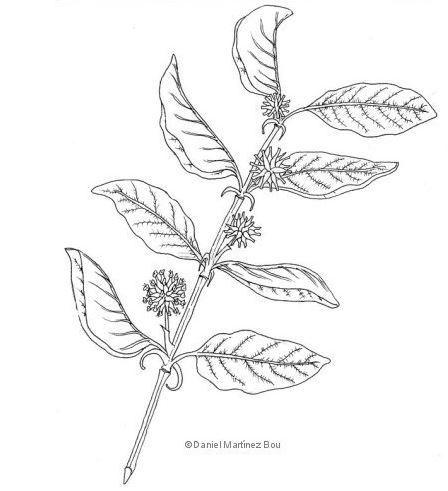
Illustration
– Chicory (Cychorium intybus) Besides controlling obesity, it promotes blood circulation by thinning it which allows it to flow better. It helps eliminate concentrations of fat and toxins. At the same time, by the by inulin action, it lowers blood pressure. (Decoction for 12 minutes of 50 g. of dried root per liter of water.) (Take half a glass of juice plant, which is available from herbalists or pharmacies, over several doses per day)
– Spirulina for angina pectoris: spirulina can be considered a blood thinner remedy that protects against heart attacks, strokes, angina pectoris, Raynaud’s disease, etc. Moreover, the cardioprotective role is further enhanced by the ability of its oils to increase the transmission power of the heart muscle to prevent diseases such as arrhythmias.
![]() More information about angina pectoris natural treatments.
More information about angina pectoris natural treatments.

